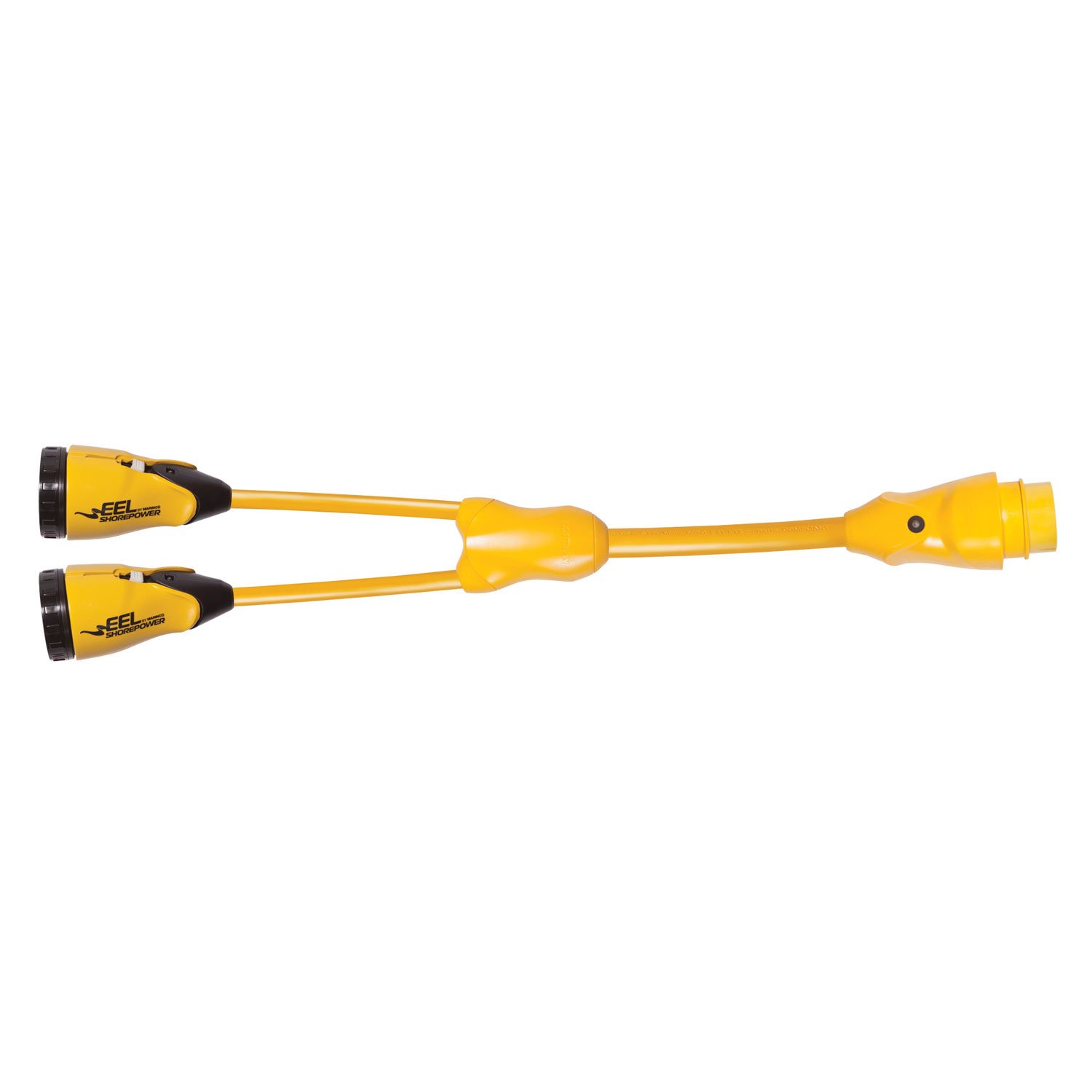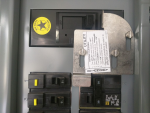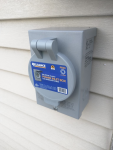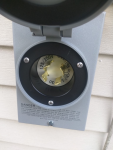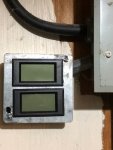We have talked about batteries and chargers for keeping our radios running during a power outage. OK, so what do you do to back up the AC power with in case of an outage so that you don't need to use the batteries yet?
In addition to batteries and charger, I have a 6800W portable generator and an interlocked connection to the electric panel in my house. I can run everything in the house on the generator except for the electric stove. I can run the electric clothes dryer provided I keep other stuff turned off. I have to be careful with the total power budget when loading the generator.
It takes only a few minutes to swap the house connection from commercial AC power to the generator. I would love to have a permanently installed and fully automatic generator setup but that costs $$$$$.$$. A good portable Gen with an interlock in the electric panel for a safe (and legal) generator connection is an inexpensive and practical way to go. I have receptacle outside the house for the generator connection. The interlock in the panel consists of a metal sliding plate between the main breaker and a pair of 30A ganged circuit breakers installed in the top two slots on the right hand side of the panel (Square-D brand panel). The main breaker has to be first moved to the OFF position to allow the plate to be moved to allow the pair of 30A circuit breakers to be turned on for the generator connection. When these circuit breakers are ON, the metal plate physically blocks the main breaker from being able to be flipped on. To switch back to commercial AC power, the generator circuit breakers have to be turned off to allow the plate to be moved to allow the main breaker to be flipped on. Each physically locks the other out so that the main breaker and the pair of breakers for the generator can't be on at the same time. Either the main breaker or the pair of 30A breakers for the generator can be turned on, never both at the same time.
I also installed a propane conversion kit on the generator to allow running the Gen on propane instead of gasoline. I use a standard 15 lb. gas grille propane cylinder. The ability to run the Gen on gasoline is fully retained so that the generator can run on either gasoline or propane, giving it dual-fuel capability. Having one of these kits installed on the generator also opens up a lot of other possibilities for fueling the generator. The propane conversion kit is from PropaneCarbs.com. (
www.propanecarbs.com) Very easy to install. I recommend watching the how-to videos on the site.



